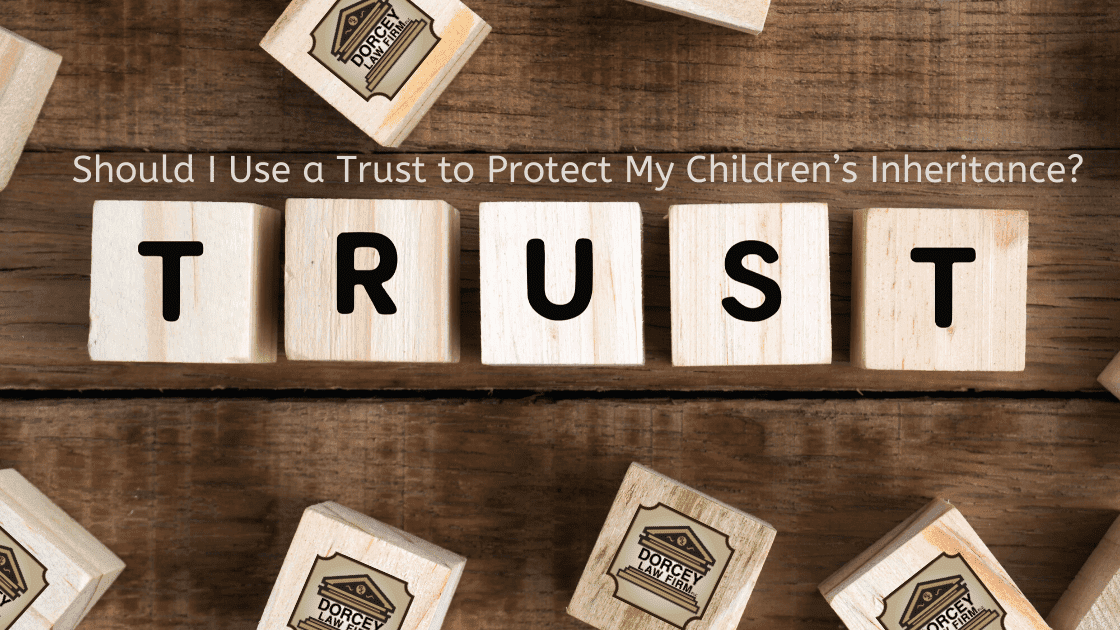Should I Use a Trust to Protect My Children’s Inheritance? Parents with savings have several options for their children’s future inheritances.

Nj.com’s recent article answers this question: “We have $1.5 million. Should we get a trust for our children’s inheritance?” According to the article, parents could create lifetime trusts or trusts in their wills for the benefit of the surviving spouse during the spouse’s lifetime.
After that, they can have the remainder of the assets pass in trusts for each of the children, until they reach a certain age or ages.
A lifetime trust is a type of trust that’s created during an individual’s lifetime. This is different from a testamentary trust, which is a trust created after a person’s lifetime through the operation of that person’s will.
Usually the individual who settles the trust (the “Grantor”) will retain control over the assets in the trust, including the right to revoke the assets during his or her lifetime. These forms of lifetime trusts are known as grantor trusts.
Another option is to have these types of trusts continue for the benefit of the grandchildren.
The children’s trusts can have instructions that the assets and income are to be used for the health, maintenance, education and support of the child.
The parents would need to name a trustee or co-trustee. This is the person who’s responsible for investing the assets, filing tax returns and paying taxes (if necessary). He or she will also distribute the assets, according to the terms of the trust.
Trusts are complicated business, so meet with an experienced estate planning attorney to determine the best strategies based on your circumstances and goals.
Reference: nj.com (October 16, 2019) “We have $1.5 million. Should we get a trust for our children’s inheritance?”
It is our goal to provide our clients with the highest level of legal services in the areas of Last Will and Testaments, Living Trust, Irrevocable Trusts, Estate Planning, Asset Protection, and complete Business Planning. If you or someone you know needs information on Florida estate planning, please contact us today at (239) 309-2870 to schedule your free consultation.
